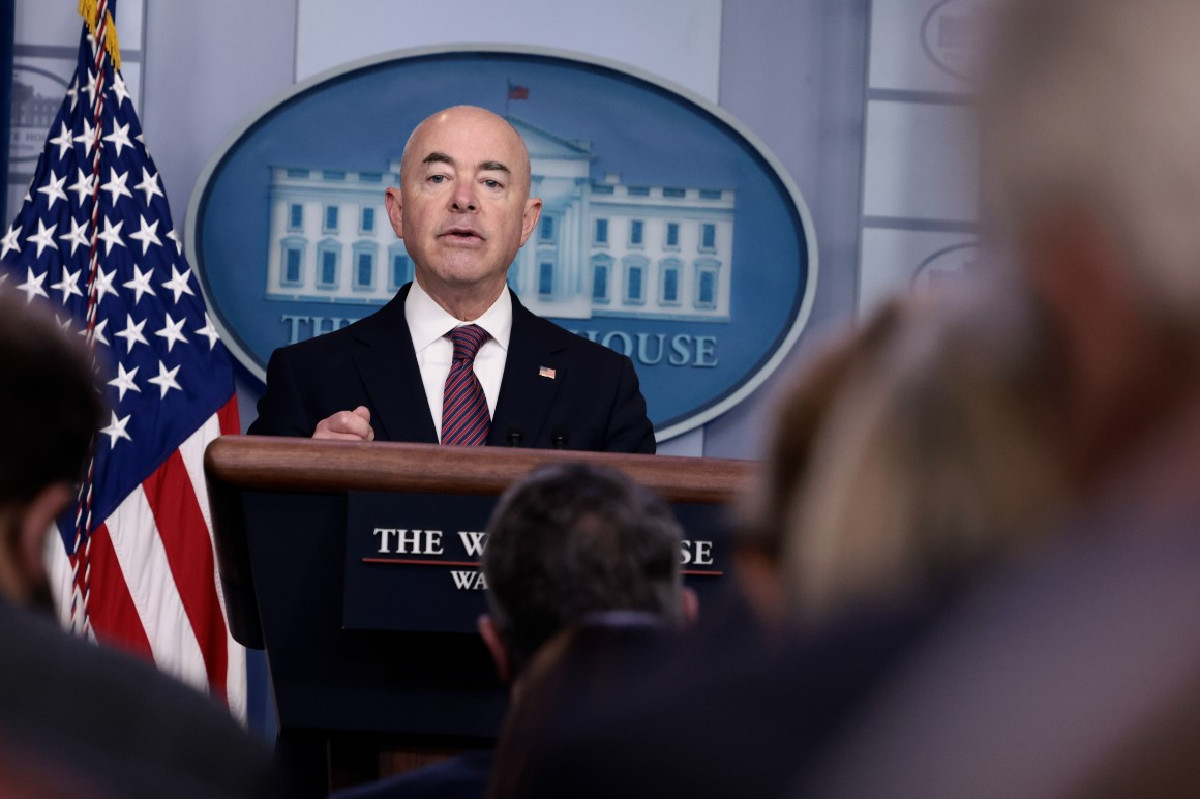On June 23, 2023, the U.S. Supreme Court issued its long-awaited immigration opinion in the case of U.S. v. Texas. The justices agreed 8-1 that the states who filed the lawsuit against the federal government over what the states perceived as the non-enforcement of immigration laws could not sue the government in this case. The eight justices disagreed on exactly why the federal courts could not handle this case and give the states what they wanted, but all eight agreed that the lower courts were wrong in getting involved in this matter.
So, what was U.S. v. Texas about and how does this decision affect non-citizens in the United States? In 2021, the Secretary of the Department of Homeland Security, Alejandro Mayorkas, issued a memo regarding what types of cases the federal immigration officers should focus their efforts on for detention and removal from the United States. By listing groups of non-citizens who immigration officers were to focus on, this automatically created a group of non-citizens who became “non-priorities.” Multiple states like Texas did not like the “Mayorkas Memo” and sued in federal court to stop the federal immigration officers from using this memo in making detention and removal decisions. The first two federal courts who heard the case agreed that states like Texas were harmed by immigration officers prioritizing certain non-citizens for removal and thereby potentially ignoring other non-citizens who were subject to detention and removal but were not priorities. The courts initially stopped the Department of Homeland Security from using the memo in immigration enforcement decisions.
The Mayorkas memo remained sidelined until the Supreme Court decided that NO court has jurisdiction to even hear this case, let alone strike down the Mayorkas Memo. The Supreme Court held that the federal courts were not the place for states to sue the federal government to force them to use their “prosecutorial discretion” to detain and deport every non-citizen they could. The Supreme Court listed multiple other ways that this perceived non-enforcement or prosecutorial discretion issue could be addressed, including through elections and in the Congressional oversight and funding context.

So what does this mean for non-citizens going forward? Hopefully good things and soon. Once the decision becomes final, which will be at the end of this month (July, 2023), the Mayorkas Memo can go back into action and allow for more widespread prosecutorial discretion by immigration officers and in immigration court. Immigration officials in Washington have not officially said what will happen with prosecutorial discretion when the Memo becomes active again, but we should see at least much more of the following in immigration court:
- More cases dismissed from court for people with old or minor criminal records who have lawful status or have another immigration benefit available to them.
- More agreements from the government to relief from removal in advance of a full adversarial final hearing. More asylum, more waivers, more green cards.
- More agreements from the government to reopen and dismiss old orders of removal (joint motions to reopen) for people who have not been removed and are now eligible for green cards or other relief.
Back to U.S. v. Texas and what it could mean for other immigration issues. While the Supreme Court said the states could not sue in this exact case, they did list examples of when states or individuals could potentially sue the federal government over its decision to, or not not, arrest and prosecute immigration violations:
- First, the Court has adjudicated selective-prosecution claims under the Equal Protection Clause. (Discriminatory enforcement or non-enforcement of the law).
- Second, the standing analysis might differ when Congress elevates de facto injuries to the status of legally cognizable injuries redressable by a federal court. (If the law at issue specifically allows for lawsuits in certain cases).
- Third, the standing calculus might change if the Executive Branch wholly abandoned its statutory responsibilities to make arrests or bring prosecutions. (If the President says he will no longer enforce ANY immigration laws).
- Fourth, a challenge to an Executive Branch policy that involves both the Executive Branch’s arrest or prosecution priorities and the Executive Branch’s provision of legal benefits or legal status could lead to a different standing analysis. (For Example, DACA, which stops removal and provides a quasi-legal status and a work permit).
- Fifth, policies governing the continued detention of noncitizens who have already been arrested arguably might raise a different standing question than arrest or prosecution policies. (This would include releasing people subject to mandatory detention who have already been detained).
The decision in U.S. v. Texas is a win for non-citizens. How this decision will affect your immigration case will depend on the individual facts and circumstances of your situation. If you want to know more, contact a trusted and experienced immigration attorney for a consultation right away. Click here to make an appointment with LG Law Florida
John Gihon is a Board Certified Expert in Immigration and Nationality Law and a former attorney for the Department of Homeland Security.
 Florida Immigration Lawyer Blog
Florida Immigration Lawyer Blog

